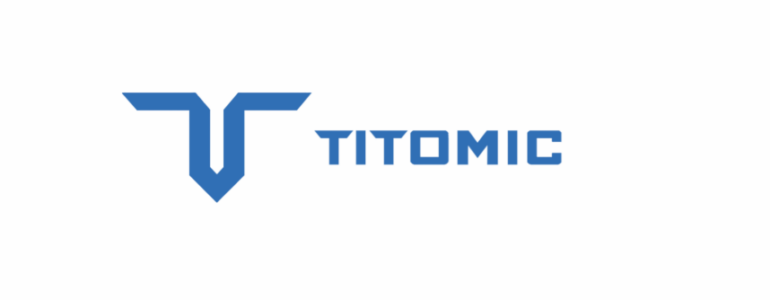19/05/25

Titomic Limited, an Australian company specializing in cold spray additive manufacturing, has signed a strategic collaboration agreement with DNV, a global assurance and risk management organization. The agreement is aimed at certifying Titomic’s Kinetic Fusion technology for use in maritime and offshore oil and gas applications.
A primary objective of the collaboration is to obtain qualification under the NORSOK M-501 standard. Developed by the Norwegian petroleum industry, M-501 sets requirements for surface preparation and protective coatings on offshore structures exposed to severe environments. Certification under this standard is considered a key step for any technology used in corrosion protection of energy infrastructure. In addition to DNV, Titomic plans to engage with classification societies including Lloyd’s Register, the American Bureau of Shipping (ABS), and Bureau Veritas to pursue broader recognition.
“This agreement with DNV marks a significant step forward for Titomic as we expand into the global energy and maritime markets,” said Klaas Rozema, President of Titomic EMEA. “NORSOK M-501 and related maritime certifications will enable Titomic Kinetic Fusion to be recognized for Thermal Spray Aluminum (TSA) repairs, surface protection of field welds, and restoration of marine hulls, ballast tanks, subsea infrastructure, and pipeline systems. Working with DNV ensures our technology is held to the highest international standards.”
Kinetic Fusion is a cold spray-based process that deposits metallic coatings without applying heat. This non-thermal technique differs from conventional welding or thermal spray, which rely on elevated temperatures to bond materials. Titomic’s system is designed to function in field conditions, allowing maintenance personnel to conduct surface protection or structural restoration work directly at offshore or port-side sites.
Because it operates without high heat, the process reduces risks associated with heat-affected zones and thermal distortion. According to the company, the method can be deployed on high-value infrastructure without requiring dismantling or extensive site preparation. Specific use cases mentioned include ship hull restoration, subsea pipeline repair, and protection of welds exposed to corrosive environments.
“This collaboration reinforces Titomic’s commitment to delivering practical, efficient, and reliable repair solutions for mission-critical infrastructure,” said Jim Simpson, CEO and Managing Director of Titomic. “Our Titomic Kinetic Fusion technology is not only easy to deploy on-site, but it also allows for rapid repairs, minimal downtime, and extended operational life of high-value assets. The process is highly material-efficient, using only the required powder with minimal waste, and offers a cost-effective alternative to traditional methods—especially in remote or offshore environments where speed and precision are essential.”
The agreement supports a broader strategic focus by Titomic to offer certified, sustainable solutions for the repair, refurbishment, and protection of offshore and industrial assets. Target industries include shipbuilding, subsea operations, and energy infrastructure requiring corrosion resistance and lifecycle extension.
Growing Demand for Certified Additive Manufacturing in Regulated Sectors
Spanish technology firm Sicnova recently launched CEDAEC, Spain’s first certification center dedicated to additive manufacturing for the defense sector. Located at Novaindef’s facilities and supported by Spain’s Ministry of Defense, the center provides metal and polymer 3D printing, machining, and high-precision testing for military components. Equipped with one of Europe’s most advanced tomographs, CEDAEC is designed to inspect and certify parts for durability and performance in operational environments. The initiative aims to enhance supply chain efficiency, address obsolescence, and expand digital production capabilities for military fleets and critical systems.
In the aerospace sector, Materialise, a Belgium-based additive manufacturing company, secured EN 9100 certification for its metal 3D printing operations. The designation builds on existing certification for polymer parts and extends the company’s ability to deliver flight-ready metal components under stringent quality management systems. Materialise also holds Production Organization Approval from the European Union Aviation Safety Agency and is certified to Airbus standards, positioning it to support OEMs and MRO providers with certified, small-batch production of structural and interior aircraft component
Ready to discover who won the 2024 3D Printing Industry Awards?
Subscribe to the 3D Printing Industry newsletter to stay updated with the latest news and insights.
Featured image showcase a 9 x 3 x 1.5m Titomic Kinetic Fusion 3D printer. Photo via Titomic.